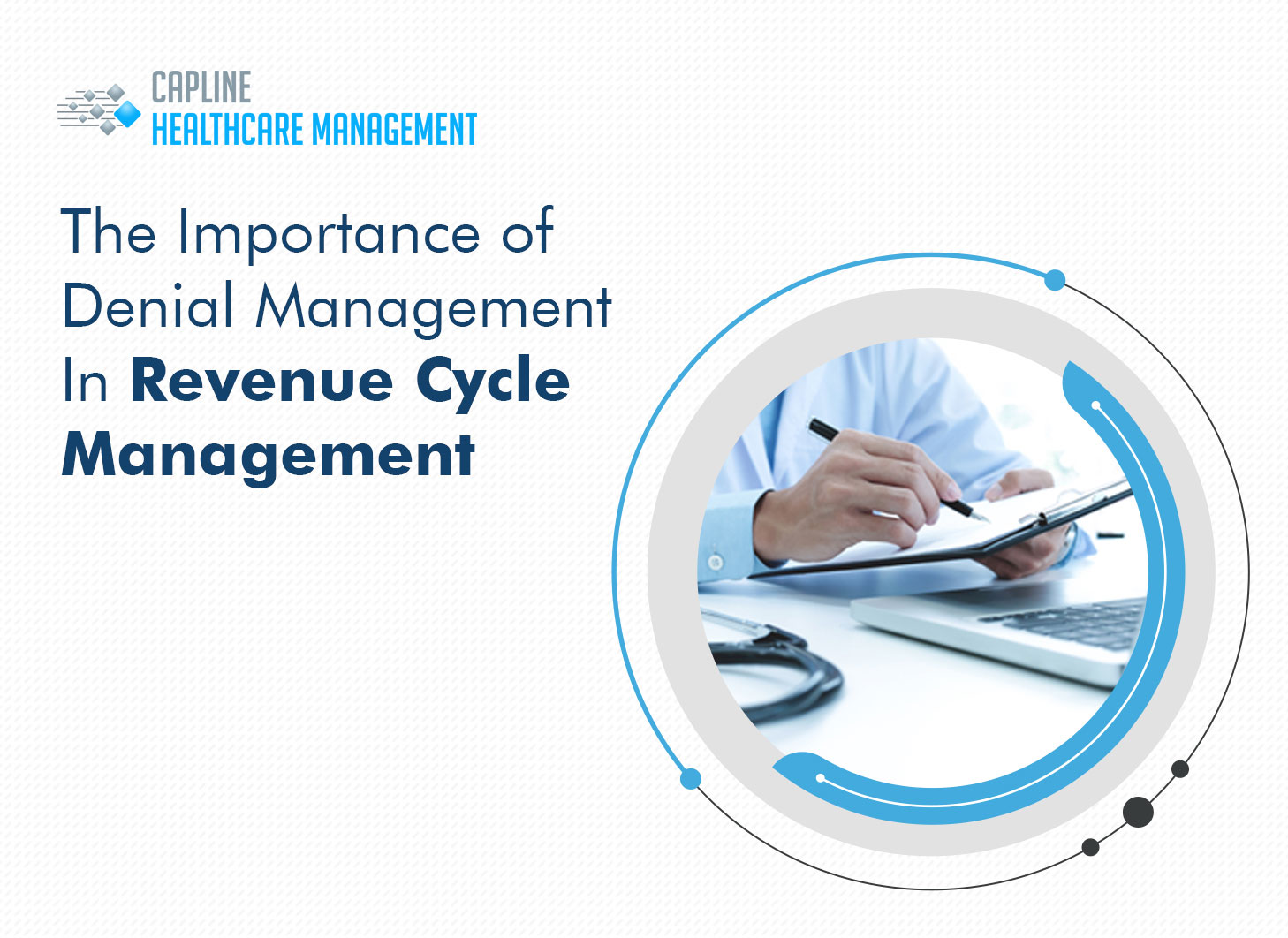The Importance of Denial Management in Revenue Cycle Management
The Importance of Denial Management in Revenue Cycle Management For medical organizations that want to preserve their fiscal health, effective revenue cycle management (RCM) is important. Denial management arrives as an essential component of RCM’s complexities that demands attention. Efficient denial management decreases revenue leakage as well as maximizes sources of income. We’ll talk about the significance of denial management and how it affects every aspect of the revenue cycle in this blog post.
What is Denial Management?
Denial management involves the procedure for finding, investigating, and settling insurance payers’ rejected or denied claims. Coding errors, insufficient paperwork, incorrect patient information, and a lack of proof of medical necessity are just a few of the causes of rejections that can happen. Effective denial administration requires a methodical approach that involves identifying the underlying causes of denials, appealing rejected claims, and putting preventive strategies in place to reduce future denials.
The Impact of Denied Claims on the Revenue Cycle
Denied claims have an important impact on the revenue cycle. Healthcare organizations lose potential money when claims are rejected, and they often have to pay more for reworking and a second submission. Denial management is essential to revenue optimization because it raises the probability that the organization will be successful in collecting the sum of cash that is owed to it. Healthcare providers can increase their revenue collection rate, reduce their Days Sales Outstanding (DSO), and improve cash flow by identifying the underlying reasons for denials and taking the necessary corrective steps.
How Denial Management Helps Medical Organizations Run More Efficiently
In addition, denial management assists medical organizations run more efficiently. Organizations may improve overall efficiency by simplifying their revenue cycle activities and focusing on denial prevention. The denial management process can be laborious and prone to errors if not handled properly. By streamlining this process and focusing on prevention rather than correction, healthcare providers can reduce costs associated with denied claims and improve overall efficiency.
Effective denial management helps in discovering and fixing the root causes of claim rejections, ensuring swift and precise payment, decreasing revenue leaking, and improving overall operational efficiency. In conclusion, the importance of denial management in the management of revenue cycles cannot be overstated as it directly affects the financial condition and sustainability of healthcare organizations.
Healthcare organizations can rely on Capline Healthcare Management for support in this crucial sector. Their knowledge and thorough denial management solutions can facilitate the appeals process, discover patterns in denials, adopt proactive strategies to reduce denials and enhance cash flow. Healthcare providers can improve their financial performance, optimize their revenue cycle, and concentrate on providing high-quality patient care by utilizing Capline’s services.
With denial management becoming increasingly complex and challenging, partnering with Capline Healthcare Management can be a game-changer for organizations seeking to thrive in today’s demanding healthcare landscape.




